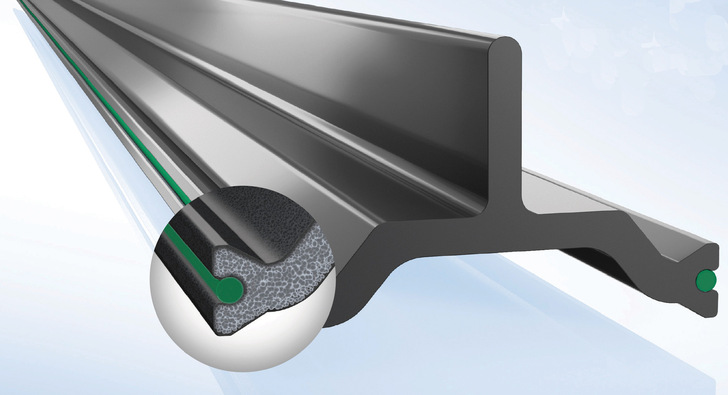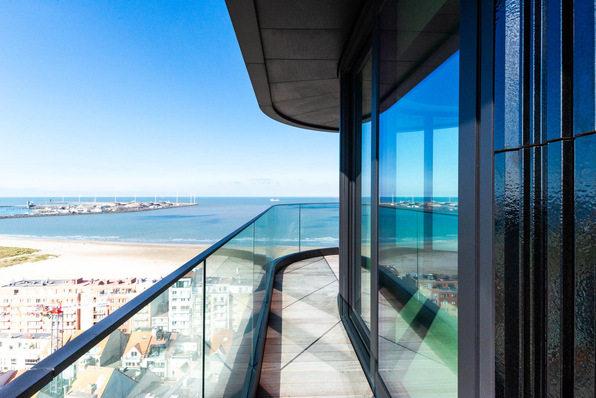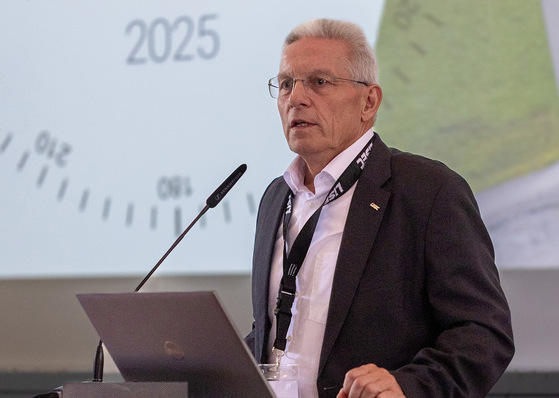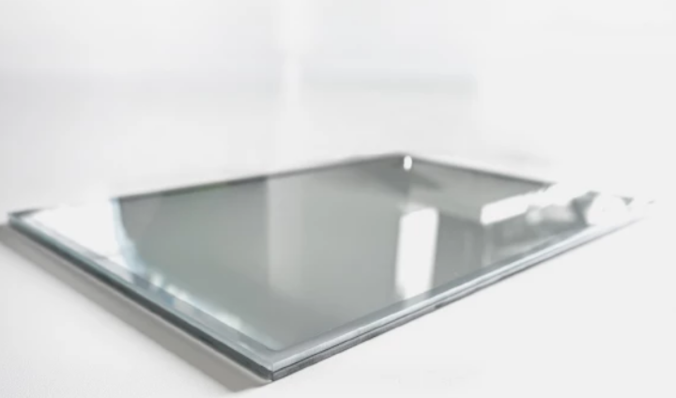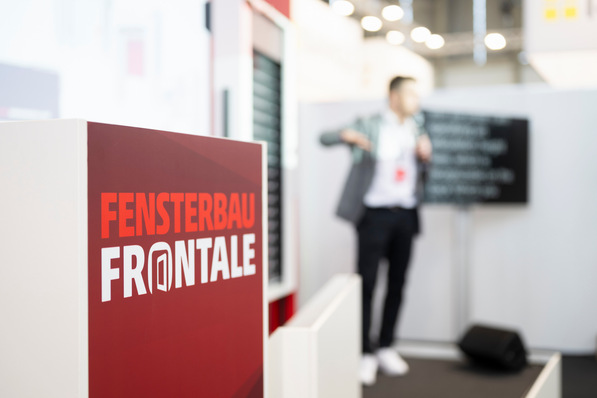Through the use of pure recycled polyamide, 92% less fossil fuels are used in the production process compared to conventional insulating bars, CO2 emissions are reduced by 91% and water consumption by 78% (source: Environmental Product Declaration EPD-IBP-14.1, ift Rosenheim).
"Furthermore, the foaming of the recycled polyamide improves the insulating effect of the glass-fibre reinforced material," says Matthias Rink, sales manager for insulbar at Ensinger. The lambda value is only 0.21 W/(mK) in the product optimum. "Thus, thanks to its low thermal conductivity, insulbar RE-LI reduces energy consumption and CO2 emissions throughout its service life as well."
Glass fibre reinforcement
Manufacturers can thus upgrade their aluminium systems in an ecological and climate-friendly way by switching to insulbar RE-LI. The recycled polyamide, which is uniformly foamed during extrusion, has a high degree of stability thanks to glass fibre reinforcement. The closed, smooth shell allows perfect anodising and powder coating. Processing is similar to that of insulating profiles made of solid polyamide 66.
This will also interest you: How bird protection glass works
Polyamide has proven itself for many decades as a sustainable material for thermal separation in the metal frames of windows, doors and facades. insulbar RE-LI now combines two climate benefits with high economic efficiency. The Environmental Product Declaration (EPD) and the Cradle-to-Cradle Material Health Certificate make obtaining building certification easier, e.g. according to BREEAM, LEED or DGNB.







